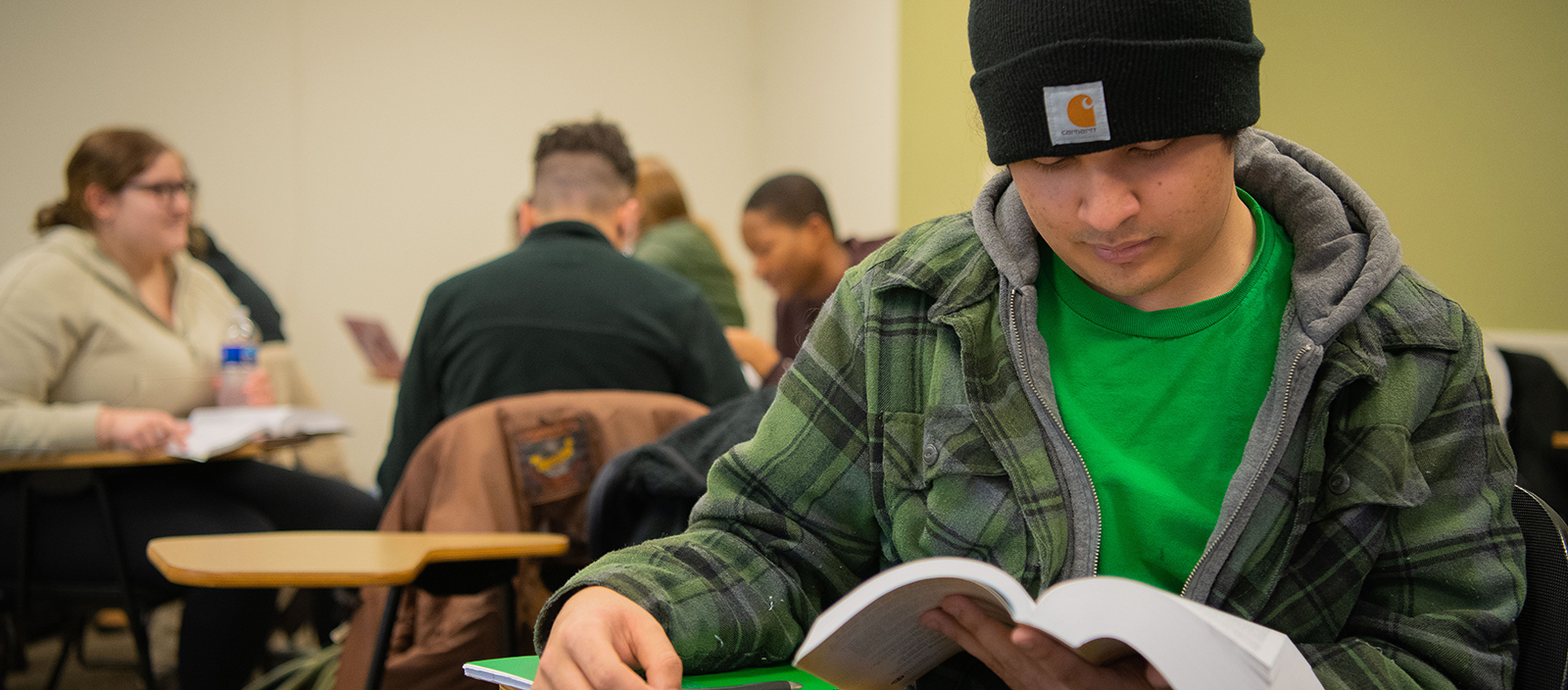

St. Norbert College's WAC program is grounded in the following beliefs:
Writing is essential to learning in the classroom and to communicating in the world at large. As such, students must have the opportunity to engage in authentic writing situations across their entire time at St. Norbert College; this goal is accomplished through students’ engagement with writing in Core Curriculum and Writing Intensive (WI) courses. What follows are general recommendations for best practices to support student writing.
Students’ more formal, revised written assignments should reflect the writing process. Their final products should follow standard academic writing conventions, including attention to the following:
Instructors have the right not to accept written work that fails to meet the above writing conventions.
Students who need further support refining their writing should be encouraged to see their instructor for help, use various college writing guides (e.g., the OWL at Purdue), and use the various support services at St. Norbert, especially The Writing Center.
A note on plagiarism: All students must abide by the Academic Honor Code, which defines the obligations students and instructors have toward the academic community. Students are also responsible for understanding the parameters of the writing criteria defined by each course and instructor. See the SNC Plagiarism LibGuide for more information.

The SNC Writing Center, located in the Mulva Library, is a tutorial writing center available to all St. Norbert College students at no charge. Student writing consultants from across the disciplines, trained in the techniques of one-to-one tutoring, can help students at every stage of the writing process: discovering ideas, developing ideas and thesis statements, organizing, revising, and editing.
Tutors can also work with students systematically on personal writing needs: paragraphing, sentence structure, style, grammar, mechanics, and usage. Note: The Writing Center tutors do not proofread essays. Drop-in and appointment hours are available; you may book an appointment online as well.